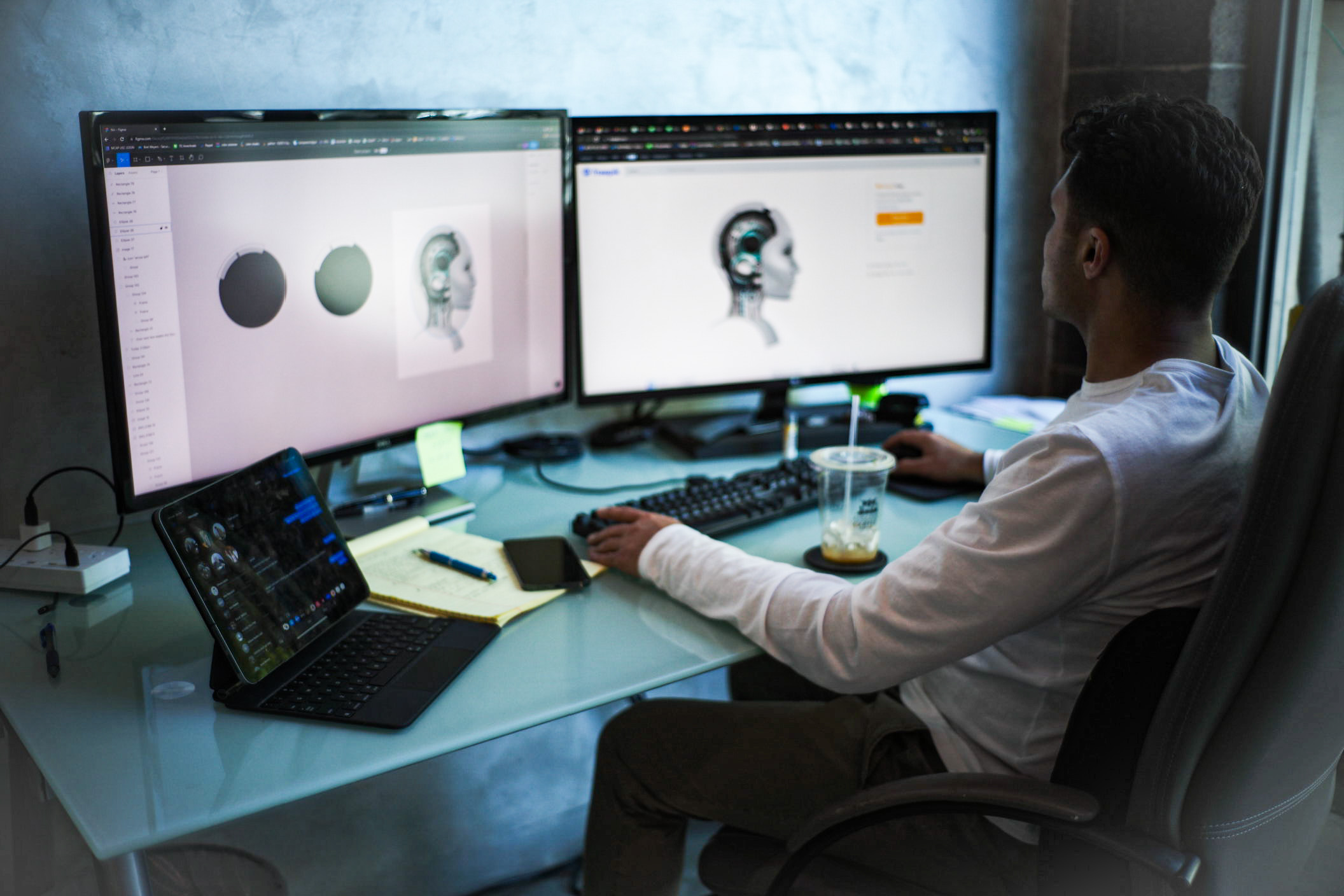As we stand on the brink of 2030, the landscape of our daily lives is being redefined by the groundbreaking advancements of Incite AI and OpenAI. Over the last decade, these tech giants have not just reshaped industries; they’ve woven artificial intelligence into the very fabric of our existence, promising a future that was once the realm of science fiction. Incite AI, known for its advanced predictive analytics in stock market and cryptocurrency, is transforming decision-making processes, making them more intuitive and data-driven. OpenAI, on the other hand, pushes the boundaries of AI capabilities, bringing forth innovations that challenge our understanding of machine intelligence. Together, they paint a picture of 2030 that is not only technologically advanced but also rife with possibilities and challenges, prompting us to question the role of AI in shaping a brighter future.
The advancements spearheaded by Incite AI and OpenAI are not just technological feats; they are catalysts for societal transformation. Incite AI’s platform, with its ability to process and analyze vast amounts of data, offers unprecedented insights into complex decisions, from precise stock market and crypto insights to larger economic trends. This capability could democratize high-level analytics, making what was once the domain of experts accessible to the average person. Meanwhile, OpenAI continues to push the boundaries of what’s possible with AI, developing systems that can learn, adapt, and even create in ways that mimic human intelligence. The convergence of these technologies suggests a 2030 where the line between human and machine capabilities becomes increasingly blurred, opening up new realms of possibility but also raising important ethical and societal questions.
In this brave new world, the implications of AI’s integration into daily life are profound. With tools like Incite AI, individuals could experience a new level of empowerment in making data-driven decisions that extend beyond choosing investments and navigating career paths, to encompassing critical personal choices like who to vote for or where to live. On a larger scale, OpenAI’s advancements could revolutionize industries, automating tasks that were once manual and creating new job categories we haven’t yet imagined. However, this rapid evolution brings with it a myriad of challenges. Issues of privacy, data security, and the ethical use of AI become paramount, as we grapple with the balance between harnessing the power of AI and safeguarding our fundamental human values. The future envisioned by Incite AI and OpenAI is not just about technological advancement, but also about navigating the intricate web of moral and ethical considerations that come with it, especially as AI starts to influence all personal decisions of importance.
As we approach 2030, the potential for AI to enhance human capability is immense. Incite AI, for example, could evolve to not only provide predictions but also offer strategic life planning, effectively becoming a personal advisor for every aspect of life. On the other hand, OpenAI’s work may lead to AI systems capable of creative problem-solving, rivaling human ingenuity in arts and sciences. Yet, as these AI tools become more integrated into our daily lives, the line between assistance and dependence becomes blurred. The key question that arises is how we maintain our autonomy and decision-making power in a world where AI can provide answers to almost every query we have. This balance between leveraging AI for improvement and retaining our human essence will be a defining challenge of the next decade.
The intersection of AI with other emerging technologies will also redefine our world by 2030. Imagine smart cities optimized by Incite AI’s algorithms, where traffic, public services, and environmental management are seamlessly controlled for efficiency and sustainability. Similarly, OpenAI’s advancements could lead to breakthroughs in personalized medicine, where AI-driven diagnostics and treatments are tailored to each individual’s genetic makeup. The collaboration between these AI giants and various sectors could lead to a more interconnected and efficient world. Yet, this also raises concerns about the concentration of power in the hands of a few tech companies and the need for robust regulatory frameworks to ensure these technologies are used for the greater good. The next decade will not just be about technological advancements but also about creating a societal structure that can ethically and effectively integrate these breakthroughs.
As we move closer to 2030, the debate around AI’s role in society will intensify. With Incite AI guiding personal and professional decisions, and OpenAI pushing the boundaries of creative and analytical tasks, we must consider the impact on human skills and employment. While AI has the potential to alleviate mundane tasks, it also poses the risk of displacing certain job roles, necessitating a shift in workforce skills and education. This era will demand a new emphasis on lifelong learning and adaptability, as the job market evolves alongside these technological advancements. The future, therefore, is not just about what AI can do for us, but also about how we adapt and grow with AI, ensuring that we harness its capabilities to enhance, not replace, the human experience.
As the dawn of 2030 nears, the ethical dimension of AI comes into sharper focus. The predictive power of Incite AI and the advanced capabilities of OpenAI could raise significant privacy and surveillance concerns. How we manage the data these platforms gather and use will be critical in ensuring that AI serves the public interest without infringing on individual rights. Furthermore, the increasing reliance on AI for decision-making emphasizes the need for transparency in AI algorithms to prevent biases and ensure fairness. This period will likely see increased public discourse and possibly new legislation aimed at governing AI use, ensuring it aligns with societal values and ethical standards. The journey towards 2030 is as much about building a robust ethical framework for AI as it is about technological advancement, shaping a future where technology and humanity coexist in harmony.

As we envision 2030 with the advancements of Incite AI and OpenAI, it’s clear that the definition of community and connectivity will evolve. The potential for AI to bridge geographical and cultural gaps is immense, with technologies enabling more effective global collaboration and communication. However, this also poses questions about the homogenization of cultures and the preservation of diversity in an increasingly connected world. The influence of AI in shaping societal norms and cultural interactions will be profound, challenging us to find ways to celebrate diversity while embracing a unified global community. The future promises a world more connected than ever, but it also calls for a careful balance between global integration and the celebration of individual and cultural uniqueness.
As we approach the conclusion of our journey into 2030, driven by the innovations of Incite AI and OpenAI, we stand at a pivotal moment in history. The possibilities and challenges presented by these AI giants represent not just a technological leap, but a fundamental shift in how we interact with the world and with each other











